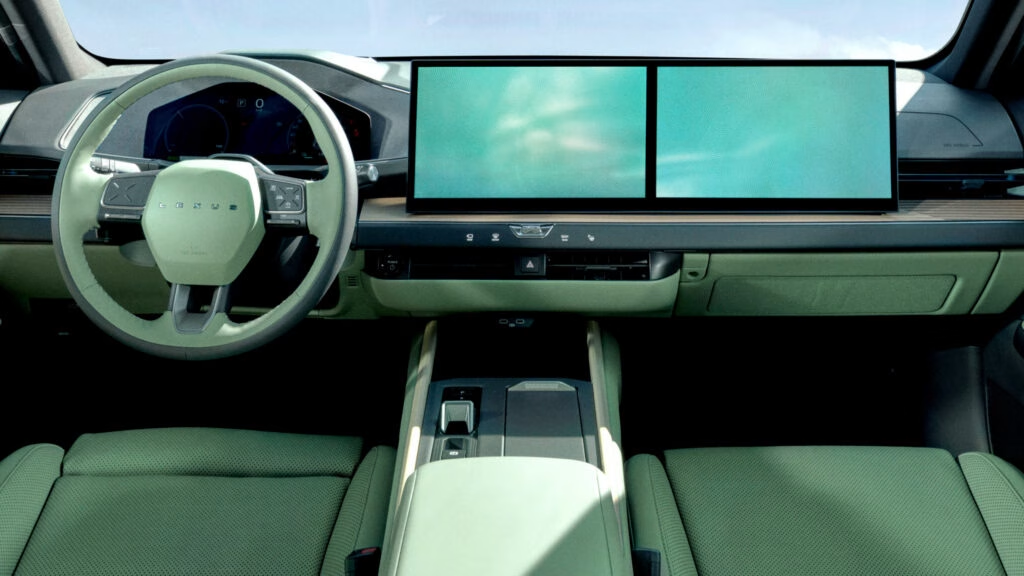Toyota and Lexus are gearing up for a significant expansion in their electric vehicle (EV) offerings in North America, and the excitement is palpable. With plans to introduce seven new EV models by mid-2027, including two that will be manufactured in the U.S., the automaker is positioning itself to compete more aggressively in the growing EV market. Let’s dive into what this means for consumers and the automotive landscape.
What New EVs Can We Expect?
Toyota is not just adding a few electric options; it’s revamping its entire lineup. Among the new models, we can look forward to the facelifted bZ4X, now simply called the bZ, along with the bZ Woodland, the C-HR, and a three-row SUV that promises to cater to families and adventure seekers alike. On the Lexus side, the RZ crossover will be joined by an electric version of the newly redesigned ES sedan and a larger SUV, further diversifying their offerings.
Why Are U.S.-Made Electric SUVs Important?
One of the most exciting developments is the production of two new three-row SUVs—one from Toyota and one from Lexus—right here in the United States. Set to roll off the assembly lines in Georgetown, Kentucky, and Princeton, Indiana, starting in 2026, these vehicles will compete directly with popular models like the Kia EV9 and Hyundai Ioniq 9. This move not only supports local jobs but also aligns with growing consumer demand for larger electric vehicles.
How Is Toyota Planning for Production?
Toyota is approaching this expansion with a clear strategy. The company typically introduces new models to its factories only when it anticipates sales of 100,000 to 150,000 units annually. While the current pace of EV adoption in the U.S. is slower than expected, Toyota has a plan to manage production effectively. Any surplus from U.S. factories will be exported to international markets where demand is rising more rapidly.
What’s the Long-Term Vision for EVs?
Currently, electric vehicles make up about 8% of automotive sales in the U.S., but Toyota is optimistic that this figure will double by 2030. Senior Vice President Cooper Ericksen noted that while BEVs (Battery Electric Vehicles) are currently cannibalizing some of their existing sales, they recognize the importance of this segment for future growth. Toyota is committed to ensuring it remains competitive in this space, as they don’t want to cede ground to rivals.
What About Battery Production?
To support its ambitious plans, Toyota is also investing in a new lithium-ion battery plant in North Carolina. Once operational, this facility will have the capacity to produce over 30 gigawatt-hours of batteries annually, enough to power 800,000 hybrids, 150,000 plug-in hybrids, and 300,000 battery electric vehicles. This investment not only strengthens Toyota’s supply chain but also enhances its ability to meet the growing demand for EVs.
How Does This Impact the Consumer?
For consumers, this means more choices and potentially better prices as competition heats up in the EV market. With 80% of Toyota and Lexus models in the U.S. already available with hybrid or EV options, the company is making a strong case for electrification across its entire lineup. Whether you’re looking for a compact SUV or a spacious family vehicle, there will likely be an electrified option that fits your needs.
The big takeaway? Toyota and Lexus are not just dipping their toes into the EV market—they’re making a splash. With a robust lineup of new models, local production, and a commitment to electrification, they’re poised to meet the evolving demands of consumers. If you’re considering an electric vehicle, keep an eye on what Toyota has to offer in the coming years. Start with one change this week, and you’ll likely spot the difference by month’s end.

